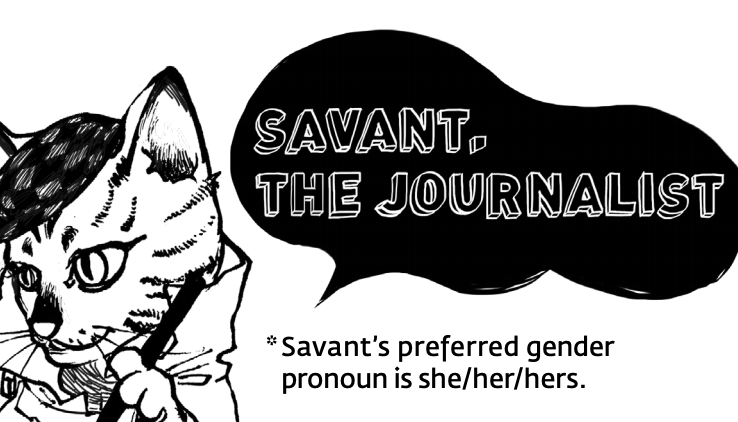
Localizing the Booklet: A Saga in 3 Acts
This is not the first time this booklet has appeared in this blog. In fact, you could say that I adopted this project as my own child ever since I began my studies at the Middlebury Institute. Back in Fall 2019, when I was first introduced to the A First Look at Digital Security booklet by Access Now, I envisioned it being translated into multiple languages because I felt that this message had to be spread to as many people as possible due to its invaluable information about digital security.
Now, in the third semester working on this booklet, I have joined Globe Multilingual Services as an account manager for Access Now, and was finally able to start the process of localizing it into 9 languages: Simplified Chinese, Traditional Chinese, French, Italian, Japanese, Korean, Brazilian Portuguese, Russian and Spanish. We planned on including Arabic, German, and Ukrainian this semester, but could not locate any volunteer translators in those languages. Not only is the text being translated, but it also involves a great deal of Desktop Publishing (DTP) work, which I wrote about in this previous post.
The translation was done on Crowdin, a translation crowdsourcing platform, which required us not to set any hard deadlines since we are working with volunteers. Once translations are completed, they are reviewed by native linguists who check for language inconsistencies.
He/she/?: The Gender Issue
By the end of the project, as I was reviewing the Brazilian Portuguese translation, I came across something I hadn’t really noticed until that moment: in the booklet, each character explicitly identifies themselves with a preferred gender pronoun.
I have to admit that I have my own reservations about this topic. Nevertheless, I was curious about it so I attended some conference panels on the topic: one at the 61st ATA Conference and another, a webinar called Words Matter – Inclusive Language in Global Markets, where I discovered an amazing resource for the critical use of language called the Conscious Style Guide, a website focused on inclusive language that contains several style guides covering terminology for various communities.
The topic of gender-neutral pronouns is very contentious, especially in the translation world. Gender-neutral languages, like English or Turkish, make it easier to express gender neutrality, whereas gender-marked languages such as Portuguese and French contribute to gender-biased representations. Elizabeth Dawes states in this article that “As a linguistic system, the French language is neutral, and leaves it up to the users to make their own choices. The constraints that impede these choices come not from the language itself but from the speakers who impose their ideology on the language”, and this article talks about how non-binary Russians are inventing their own language forms to overcome grammatical limitations.

Account managers and project managers must be well aware of these linguistic nuances and must make their implementation a priority for translators and reviewers. Regardless of personal views, localizers must walk the path less traveled by addressing issues such as gender-neutrality head-on so as to make educated decisions in their projects to cater to the needs of clients and changes going on in a world where non-binary people are notoriously underrepresented. By doing thorough research, they can implement the most appropriate and frequently used option, which will help bring gender neutrality into the spotlight rather than casting it into the shadows of obscurity.
Self-determination for gender is just as much a right as it is for ethnicity, race, and religion. People must be made aware of ongoing discussions that may lead to civilization milestones. This discussion has already begun in many countries and is extremely relevant for the localization industry and therefore, we must explore it further. Being aware and using inclusive language avoids biases, slang, or expressions that discriminate against groups of people based on race, gender, or socioeconomic status and resonate with more audiences by speaking and writing in more impartial ways.
This is a discussion that I intend to continue over the course of the next semester, when we will be finishing the DTP work and finally delivering the final versions of the localized booklets to Access Now. I expect we will be able to deliver appropriate, inclusive, and quality work to our client.
Despite all of these challenges, I would like to acknowledge my team at Globe for all of the time and effort they have put into this project. Their hard work and talent have made this a very successful localization project and I am looking forward to continuing working with them next semester!



